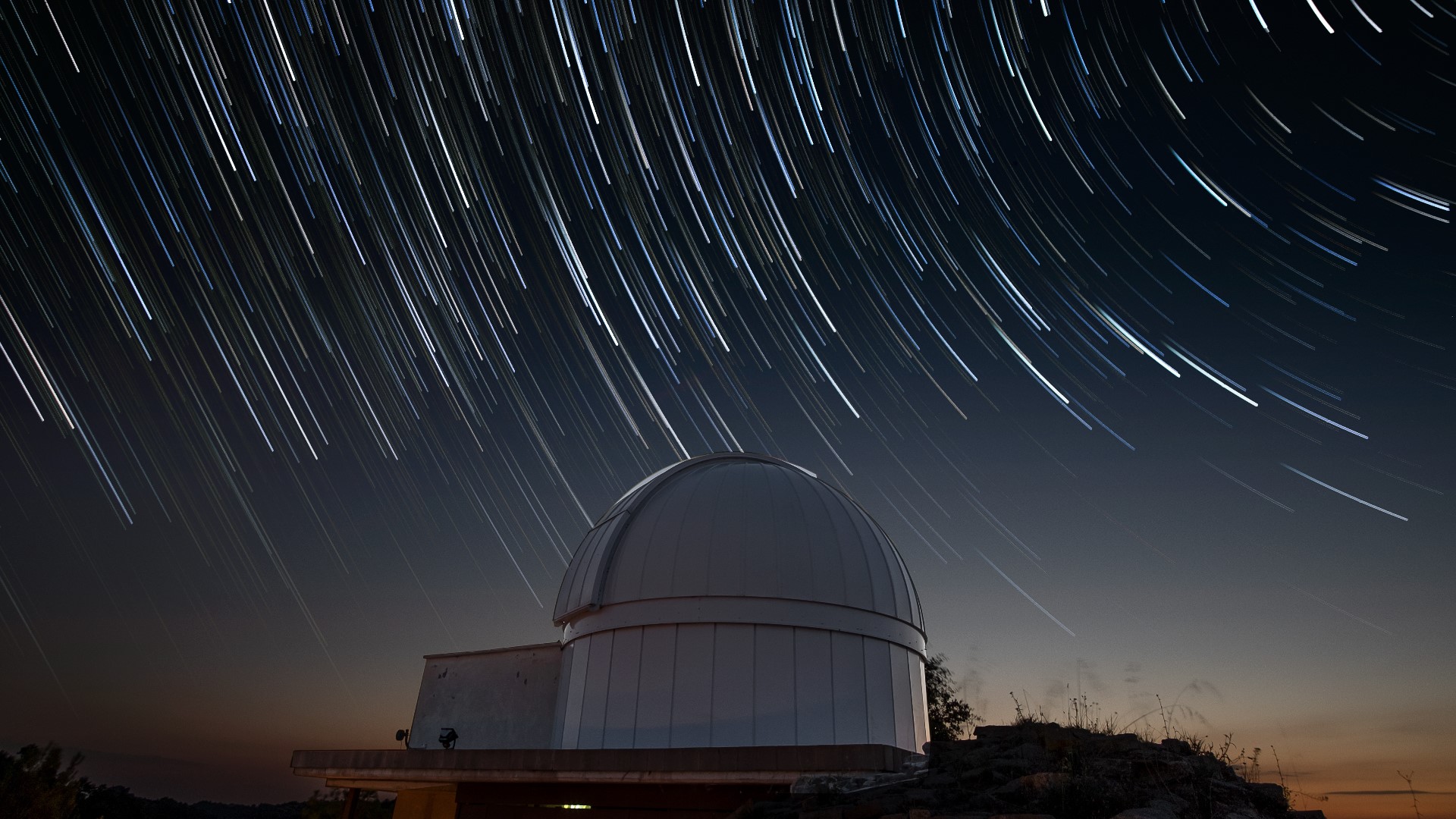FAYETTEVILLE, Ark. — For centuries, people have tried to capture the spectacle of an eclipse.
Daniel John Kennefick, a University of Arkansas physicist, says he has studied eclipses in admiration of Albert Einstein. It is the subject of his book, No Shadow of a Doubt: The 1919 Eclipse That Confirmed Einstein's Theory of Relativity.
"Many people thought something was eating the sun, like a dragon ... There are records of people trying to make loud noises to try to scare it away," According to Kennefick.
In a world before social media and even TV - it was newspapers that captured history.
One Arkansas Gazette article about the 1834 eclipse stated, "The weather was clear, not a cloud to be seen, affording the most excellent opportunity of witnessing this magnificent phenomenon of nature in all its sublimity."
"That's how they wrote back then," said Mark Christ from the Central Arkansas Library System, when asked about the 1834 article.
In 1918, the next time an eclipse came around, it didn't even make the front page.
"Probably one of the reasons that it didn't make the front page is because it was such a bust," Christ said. "When the time came, it was cloudy. It was a lousy day."
While day turned to night, Arkansans lost the ability to see why.
"Some of the folks weren't aware that there was going to be an eclipse, so when it got dark in the middle of the day, people came running out of their houses calling on the Lord for mercy. They thought it was the end of the world," said Christ.
If it was so scary, why not the front page? Some could argue that headlines from World War I were scarier. "There were a lot of Arkansas boys over there, fighting," Christ said.
While Arkansas missed the chance - science would see its stars align the following year. After the failed 1918 eclipse, scientists would prove Einstein's theory of relativity with the 1919 eclipse that passed over the southern hemisphere.
"Our moon is precisely the same size in our sky as the sun. By pure coincidence, there's no reason why it should,” Kennefick said.
Kennefick says many scientists still conduct studies of the eclipse and says he's been invited to expeditions, but like many on April 8th, he says he plans to be in the path of totality enjoying the eclipse.
Watch 5NEWS on YouTube.
Download the 5NEWS app on your smartphone:
Stream 5NEWS 24/7 on the 5+ app: How to watch the 5+ app on your streaming device
To report a typo or grammatical error, please email KFSMDigitalTeam@tegna.com and detail which story you're referring to.

